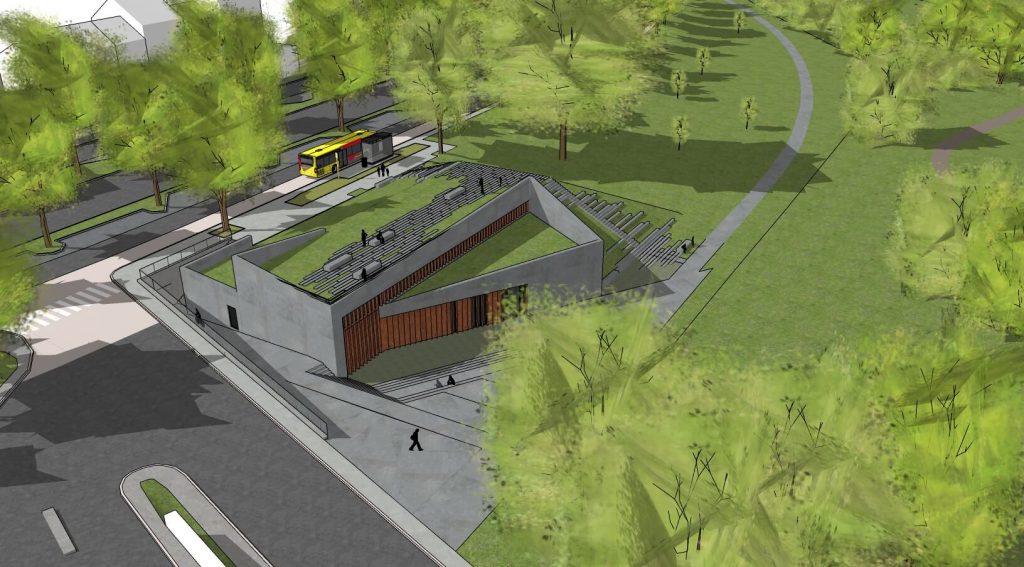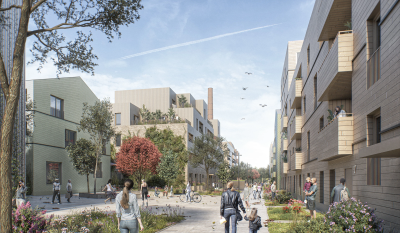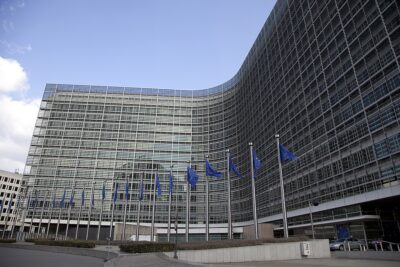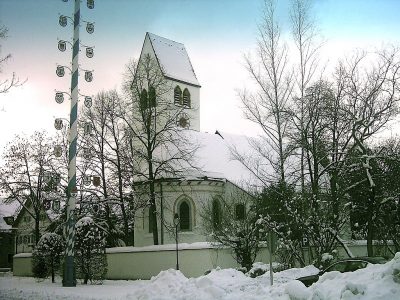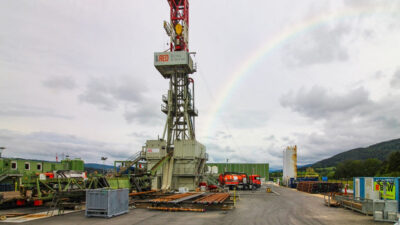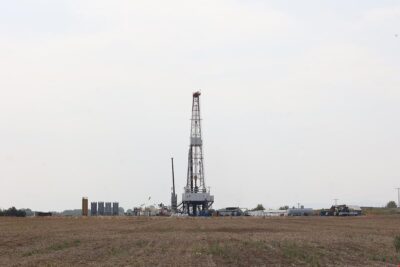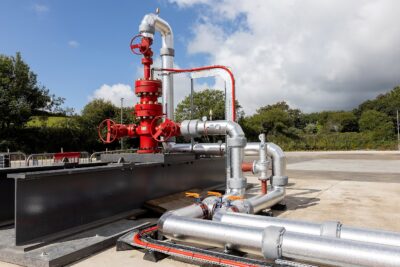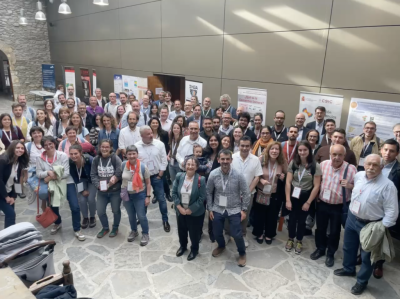Planned geothermal heating project in Mons, Belgium receives necessary permit to proceed
The planned geothermal heating plant in Mons, Belgium has finally received permits to proceed with drilling likely to start in 2021.
In Wallonia/ Belgium, the use of deep geothermal energy is currently limited to the Mons-Borinage area, in the central part of Hainaut, so the Belgium country update at the European Geothermal Congress 2019.
There are today three geothermal heating networks using existing wells Saint-Ghislain, Douvrain and Ghlin. Developed by IDEA, a intermunicipality regional economic development agency, these networks are also currently managed by IDEA. Read more on the project website (in French).
With funding from the European Regional Development Fund, a new geothermal plant has been planned in the city of Mons in the “Porte de Nimy” area. The project is planned to provide heating to a local hospital. It was initially planned to drill and complete a doublet of wells in 2020, construction in 2021 and the start of operation in 2022. But the permitting for the project has taken a long time.
So the news of this morning on the confirmation of a permit for the plant, are definitely good. The Minister of the Environment, Céline Tellier and the Minister of Regional Planning and Vice-President, Willy Borsus, have confirmed the issuance of the permit introduced by the inter-municipal IDEA for a geothermal heating plant project in Mons, in the park des Ursulines, along Boulevard Kennedy, so local news L’avenir.
This project could make it possible from 2024 to produce renewable energy for a minimum of 7 MW / year, which is equivalent to the consumption of 700 homes. The project involves the drilling of a geothermal well doublet to a depth of 2,500 meters.
It is a question of making energetic use of geothermal water which comes from the subsoil in a natural way and not of using the hydraulic fracturing technique, which is more risky in terms of stability.
“This permit was granted under conditions: in particular taking into account the recommendations of the environmental impact study, the protection of groundwater and the establishment of a support committee with local residents. All the arguments of the appeal have been examined ”, underlines the Walloon Minister of the Environment Céline Tellier. These conditions must in particular make it possible to limit the nuisance of the site as much as possible.
Willy Borsus, Minister of Regional Planning, underlines “the particular attention paid to the harmonious integration of the geothermal project in its urban context. […] The footprint of the main powerhouse building has been reduced both by the semi-underground nature of the project and by the facing materials used. ”
The project is located near the Ambroise Paré hospital, which will be the main consumer. Subsequently, it could benefit other institutions located nearby. For the project leaders, location in an urban area is important: the closer the geothermal plant wells are to the end consumer, the less energy losses there will be.
Source: L’avenir
